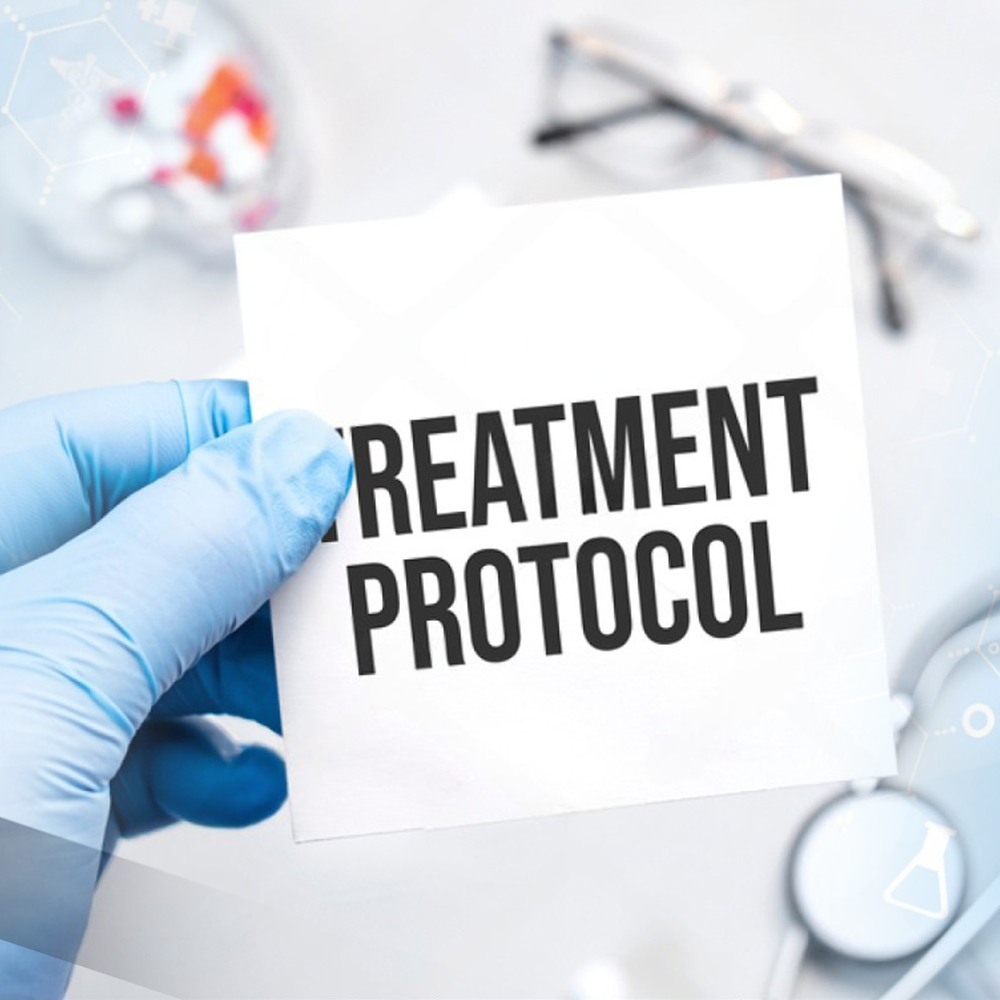Fertility Treatment Protocols at Yashoda IVF & Fertility Centre
Embarking on a fertility journey can feel complex, but at Yashoda Fertility & IVF Centre, we streamline the process with meticulously designed IVF treatment protocols. These protocols are carefully planned sequences of medical interventions and monitoring, ensuring every step towards conception is precise and effective.
What is a Fertility Treatment Protocol?
A fertility treatment protocol is a detailed, pre-defined plan outlining the specific medications, dosages, monitoring schedule, and procedures for an assisted reproductive cycle. It acts as a roadmap, guiding both the patient and the medical team through the various stages of treatment, whether it’s for IUI, IVF, or other interventions.
Types of Fertility Treatment Protocols Offered
At Yashoda IVF, we offer various protocols tailored to individual needs, including standard long protocols, antagonist protocols, short protocols, and specialized approaches for unique situations.


Step-by-Step Breakdown: The IVF Procedure Timeline
For an IVF cycle, our general fertility treatment step by step protocol typically includes:
Frozen Embryo Transfer (FET) Protocol
For couples with frozen embryos from a previous fresh cycle, or those who chose elective freezing, a Frozen Embryo Transfer (FET) Protocol is followed. This protocol focuses on preparing the uterine lining to be receptive to the embryo, often involving estrogen and progesterone medication, followed by the embryo transfer.
How We Personalize Each Protocol
At Yashoda IVF, we believe in an individualized IVF protocol. Our specialists meticulously tailor each plan based on age, AMH levels, ovarian egg reserve, and responses to past cycles. We also adapt protocols for specific conditions:
Why Treatment Protocols Matter
Well-defined protocols are vital because they:
Why Choose Yashoda IVF for Fertility Protocols?
Choosing Yashoda IVF means choosing excellence and compassion:
At Yashoda Fertility & IVF Centre, our commitment to precise, personalized protocols ensures the highest standards of care and the best possible chances for your successful pregnancy.





















































